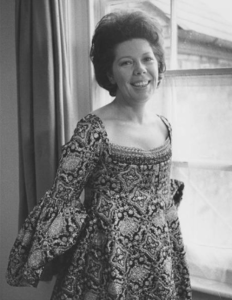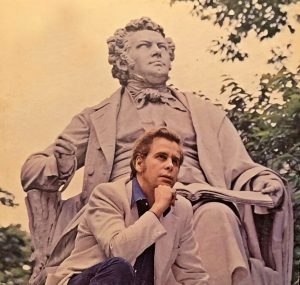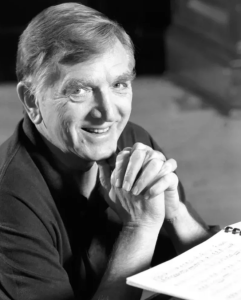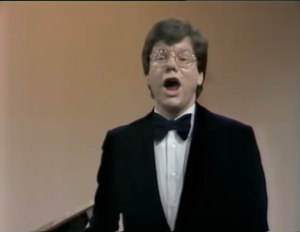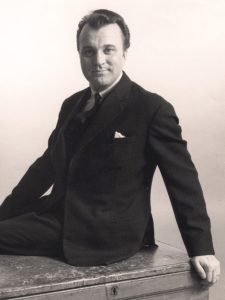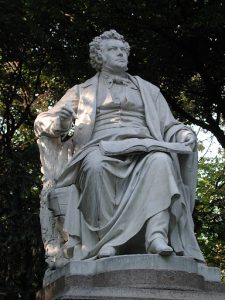Podcast: Play in new window | Download (Duration: 1:29:54 — 93.2MB) | Embed
Subscribe: Spotify | TuneIn | RSS | More
How can it even be that our beloved Janet Baker is turning 91 today? I have been so moved by all the tributes pouring in and I feel compelled to add my humble wishes to all the others.
Last year while perusing the bins at Academy Records in New York, I came across an obscure live LP of Janet Baker that made me gasp in surprise and delight: her New York song recital debut at Town Hall on December 2, 1966, which featured works of Mozart, Schubert, Fauré, Duparc, and Berlioz, all composers central to her repertoire. This appearance was the capstone of her first New York season, which had already included a performance with the Melos Ensemble of vocal chamber music at Hunter College; concert performances of Smeton in Donizetti’s Anna Bolena (which starred in the title role the flaming Greek comet Elena Souliotis), and the title role in Handel’s Serse. At the end of her first New York season came this, her first full Liederabend in New York City. Janet Baker is heard in her youthful prime and reveals herself, not at all surprisingly to those who had already begun collecting her early commercial recordings, to be a singer touched by the divine fire. The recording also serves as a sound document of the exceptional artistic partnership between Baker and the pianist Martin Isepp (who was also the son of her voice teacher Helena Isepp, who was also the teacher of Heather Harper, whom we heard last week on her own Countermelody episode). Today’s episode was originally released a year ago for my Patreon supporters, and, because this recital has never received as wide a release as some of Baker’s other live concerts, it is a particular hono(u)r and joy to present it to you today as we celebrate her 91 years on this earth.
Countermelody is a podcast devoted to the glory and the power of the human voice raised in song. Singer and vocal aficionado Daniel Gundlach explores great singers of the past and present focusing in particular on those who are less well-remembered today than they should be. Daniel’s lifetime in music as a professional countertenor, pianist, vocal coach, voice teacher, and journalist yields an exciting array of anecdotes, impressions, and “inside stories.” At Countermelody’s core is the celebration of great singers of all stripes, their instruments, and the connection they make to the words they sing. By clicking on the following link (https://linktr.ee/CountermelodyPodcast) you can find the dedicated Countermelody website which contains additional content including artist photos and episode setlists. The link will also take you to Countermelody’s Patreon page, where you can pledge your monthly support at whatever level you can afford.
